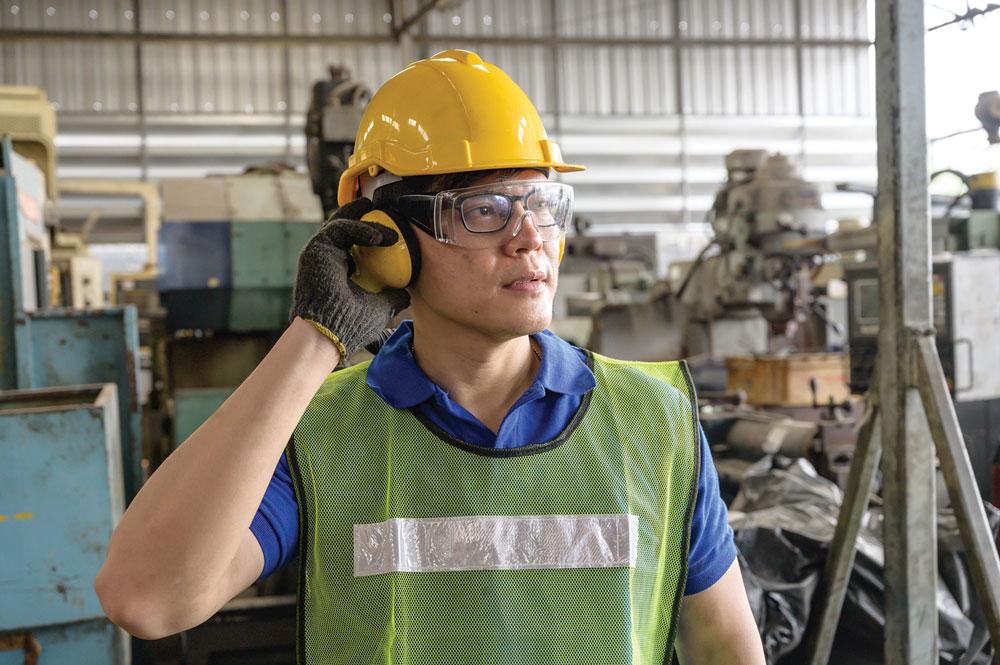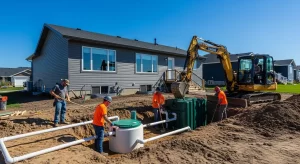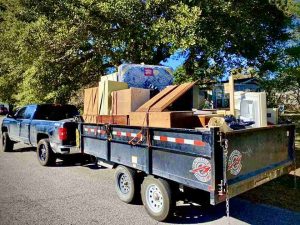
From Construction Chaos to Calm Streets: The Barrier Every Site Needs
Anyone who’s walked past a busy construction site knows how overwhelming the noise can be: drills buzzing, trucks reversing, metal clanging, and workers shouting over the commotion. It’s all part of the job, of course, but that constant noise doesn’t just stay within the site. It spills out into nearby streets, offices, and homes.
In dense urban areas, this can quickly lead to frustration from the community, complaints from residents, and even penalties from local authorities. That’s why more and more contractors are turning to one simple, effective solution — the sound barrier.
It’s not just another piece of site equipment; it’s a smart investment that protects your project, your workers, and your reputation.
The Growing Problem of Construction Noise
As cities expand, construction sites are now surrounded by offices, cafés, and high-rise residences. While progress is exciting, the noise it generates can be anything but.
Constant exposure to loud sounds can disrupt businesses, disturb residents’ sleep, and damage the public’s perception of your company. Worse, local councils have become stricter about noise regulations. Breaching those rules can result in hefty fines or temporary shutdowns, both of which cost time and money.
For contractors, implementing noise control solutions isn’t just about following the law. It’s about professionalism and respect for the people living nearby, for your team, and for your client’s brand.
What Exactly Is a Sound Barrier?
A sound barrier is a physical structure designed to block or absorb sound before it escapes the construction site. You’ll often see them as tall panels or modular screens surrounding the perimeter of a project, or positioned near particularly noisy machinery.
Made from materials like acoustic foam, PVC, or composite fabrics, sound barriers are engineered to reduce the intensity of sound waves. Some are even portable and reusable, easy to install, move, and store when the job’s done.
Think of them as your project’s “quiet guardians,” simple to use, yet remarkably effective in keeping the chaos contained.
How Sound Barriers Transform Your Project
Noise isn’t just annoying, but it can also slow down your project, frustrate neighbours, and even put your team at risk. That’s where a sound barrier comes in. Far from being just a block of material, it actively changes how your site operates, making work safer, smoother, and more professional.
1. They Keep You on the Right Side of Regulations
Noise complaints are one of the biggest causes of project delays. By using a sound barrier, you significantly cut down the risk of exceeding legal noise limits and drawing unwanted attention from local authorities.
With regulations getting tighter every year, installing sound barriers early on helps you stay compliant without last-minute panic or expensive penalties.
2. They Protect Your Reputation
Nobody wants to be known as “that noisy site” on the street. A quieter project not only keeps residents happy but also shows that your company cares about being a considerate neighbour.
Word spreads fast, and a good reputation for responsible site management can open doors to future opportunities.
3. They Help Projects Stay on Schedule
Less noise means fewer interruptions. When communities aren’t lodging complaints and inspectors aren’t issuing warnings, your project stays on track. It’s that simple.
4. They Create a Safer, More Comfortable Work Environment
Noise doesn’t just affect outsiders. Constant loud sound takes a toll on workers’ focus, energy, and communication.
Sound barriers lower ambient noise on-site, making it easier for team members to hear instructions, communicate clearly, and stay alert, all of which reduce the risk of accidents.
Why Noise Control Is Everyone’s Responsibility
It’s easy to think noise control is just about keeping neighbours happy, but its benefits go much further:
- For project managers: It helps avoid disruptions and maintain efficiency.
- For contractors: It supports compliance and improves relationships with local authorities.
- For workers: It creates a more pleasant and safer work environment.
- For the community: It reduces daily disturbance and builds goodwill.
In short, everyone wins when construction noise is properly managed.

How Sound Barriers Protect Communities
Let’s not forget those living and working near your project. Excessive construction noise can affect concentration, stress levels, and overall quality of life.
Installing a sound barrier helps reduce these negative effects by absorbing and blocking the noise before it travels beyond the site.
- Less disruption: Residents can go about their routines without being constantly interrupted.
- Better relationships: Taking steps to manage noise shows respect and consideration — qualities that communities deeply appreciate.
- Positive image: When people see a quieter, well-managed site, it reflects professionalism and care.
Ultimately, it’s not just about building structures — it’s about building trust.
Choosing the Right Sound Barrier
Not all sound barriers are created equal. Here’s what to consider when selecting one:
- Noise reduction rating (NRR): The higher the rating, the more effective the barrier is at reducing noise.
- Durability: Choose weather-resistant materials that can handle wind, rain, and UV exposure.
- Ease of installation: Modular or portable barriers save time and labour.
- Reusability: Good-quality barriers can be used across multiple projects, making them a cost-efficient choice.
- Appearance: A neat, professional-looking barrier keeps your site visually tidy — some even allow you to add your company logo.
Real Results: From Chaos to Calm
Imagine two construction sites side by side. One has no noise control, the loud machinery echoes down the street, conversations are drowned out, and complaints start piling up. The other uses well-placed sound barriers, the work continues smoothly, the neighbours barely notice, and the project runs without conflict.
The difference isn’t luck. It’s preparation.
A sound barrier might seem like a simple fix, but its impact is massive. It turns construction chaos into calm streets, noisy disruption into steady progress, and public frustration into quiet cooperation.
Final Thoughts
Noise is part of construction, and that’s a fact. But uncontrolled noise doesn’t have to be.
Installing a sound barrier is a small step that makes a big difference. It protects your project from unnecessary delays, safeguards your workers’ wellbeing, and earns you respect from the community.
In a world where cities are getting louder and space is getting tighter, noise control isn’t just good practice but also essential.
So the next time you start a project, don’t just think about foundations and frameworks. Think about peace and quie,t too. Because a truly successful build doesn’t just look good — it sounds good (or, better yet, barely makes a sound at all).



